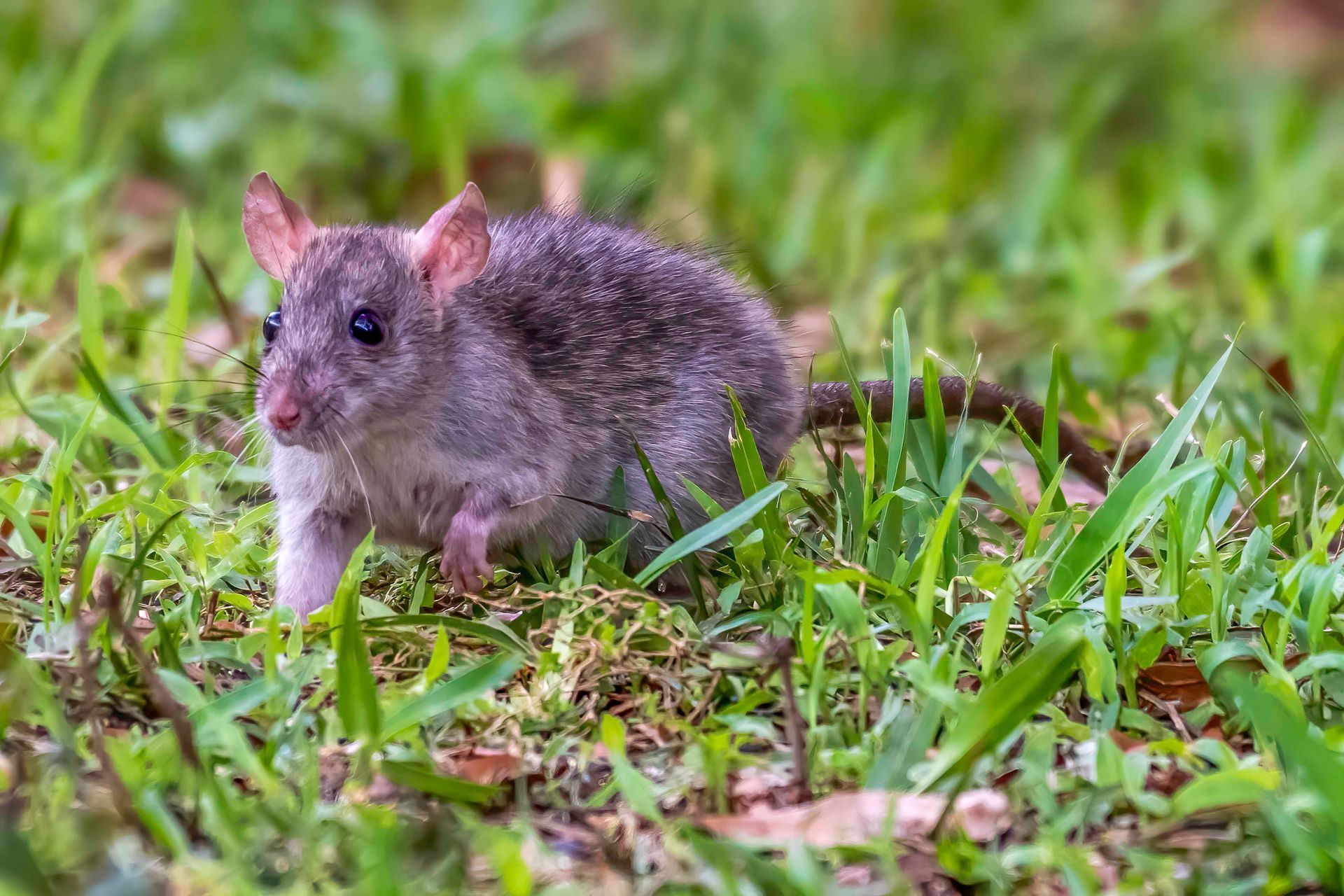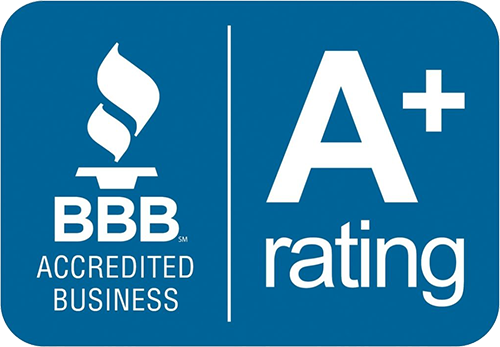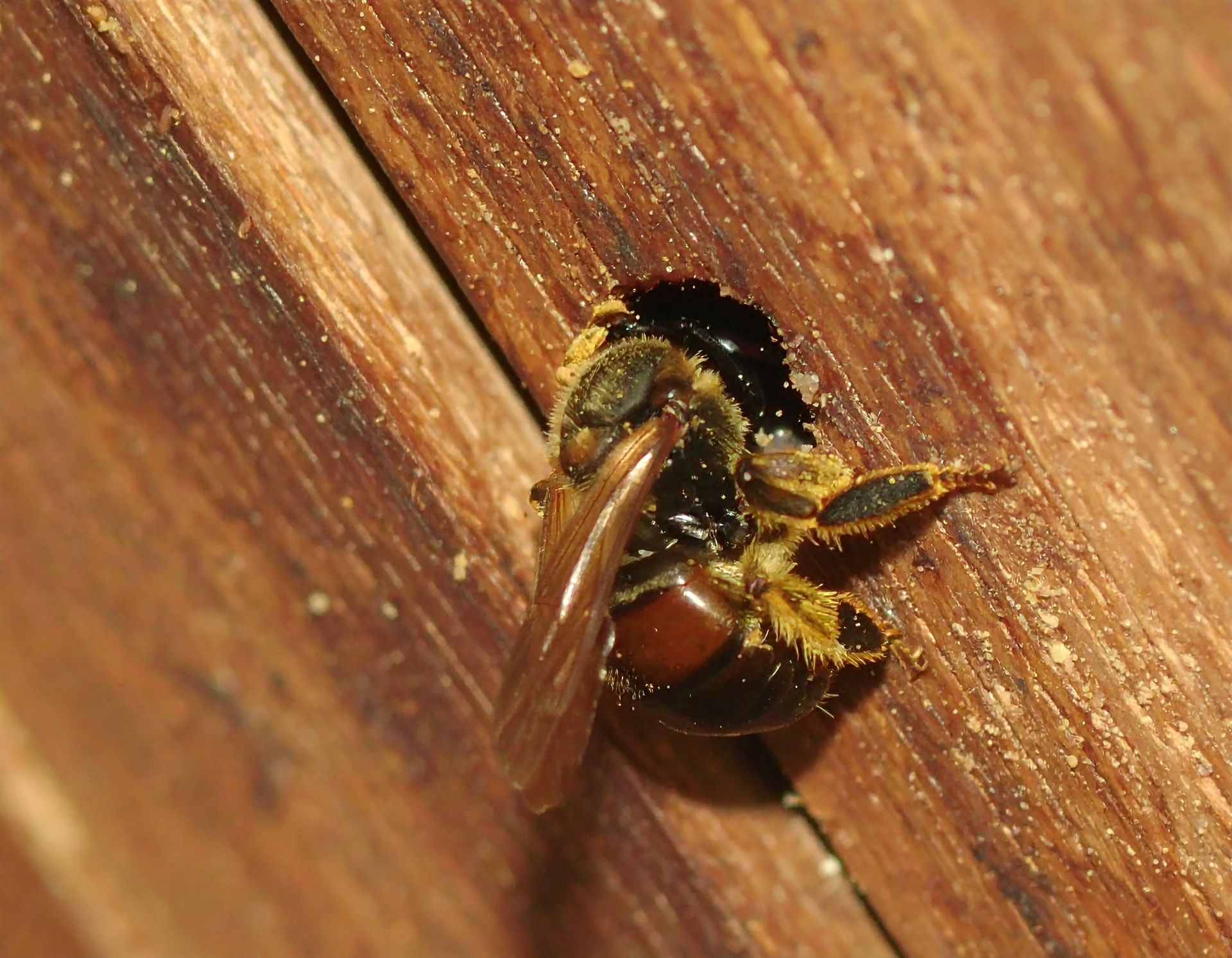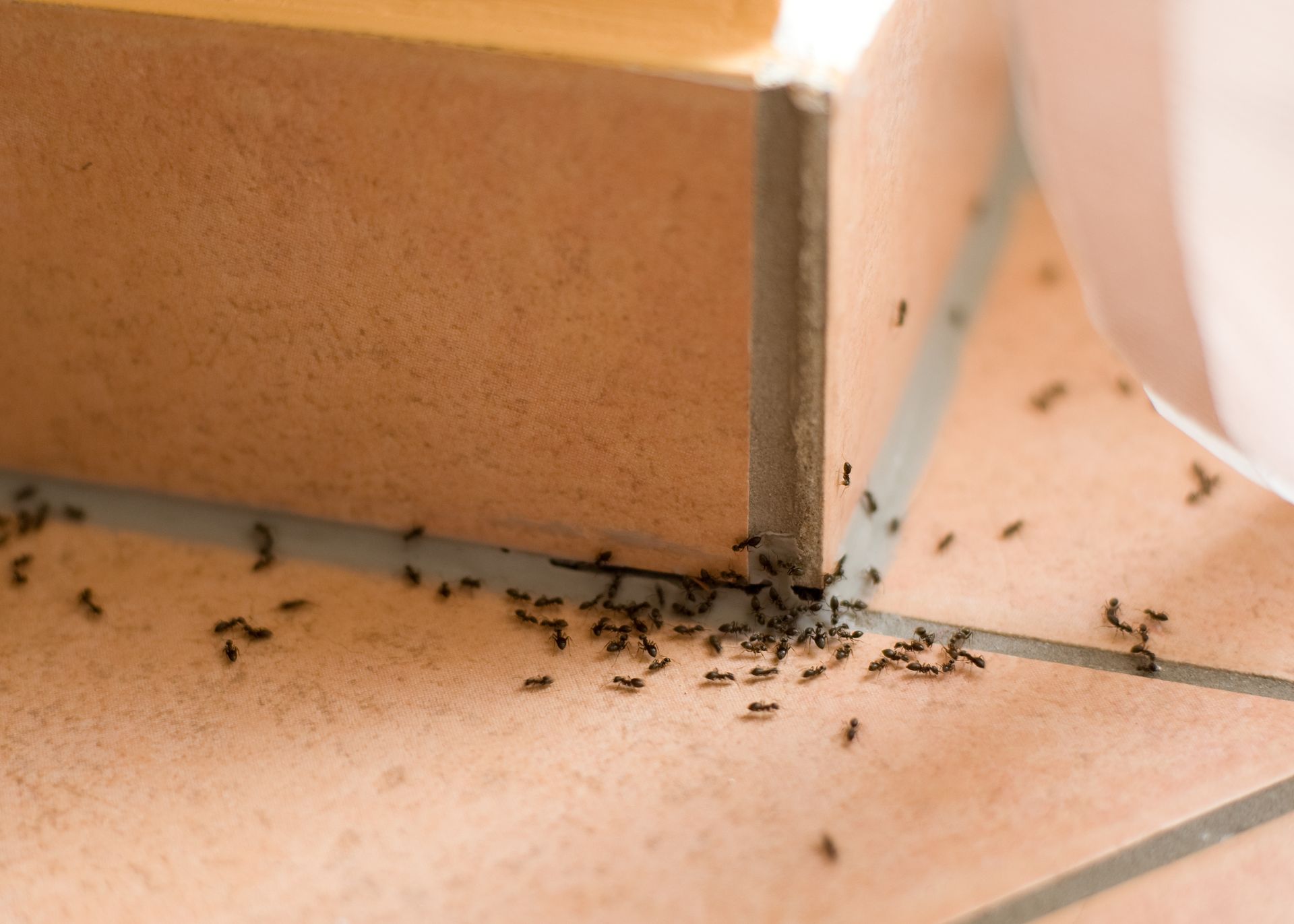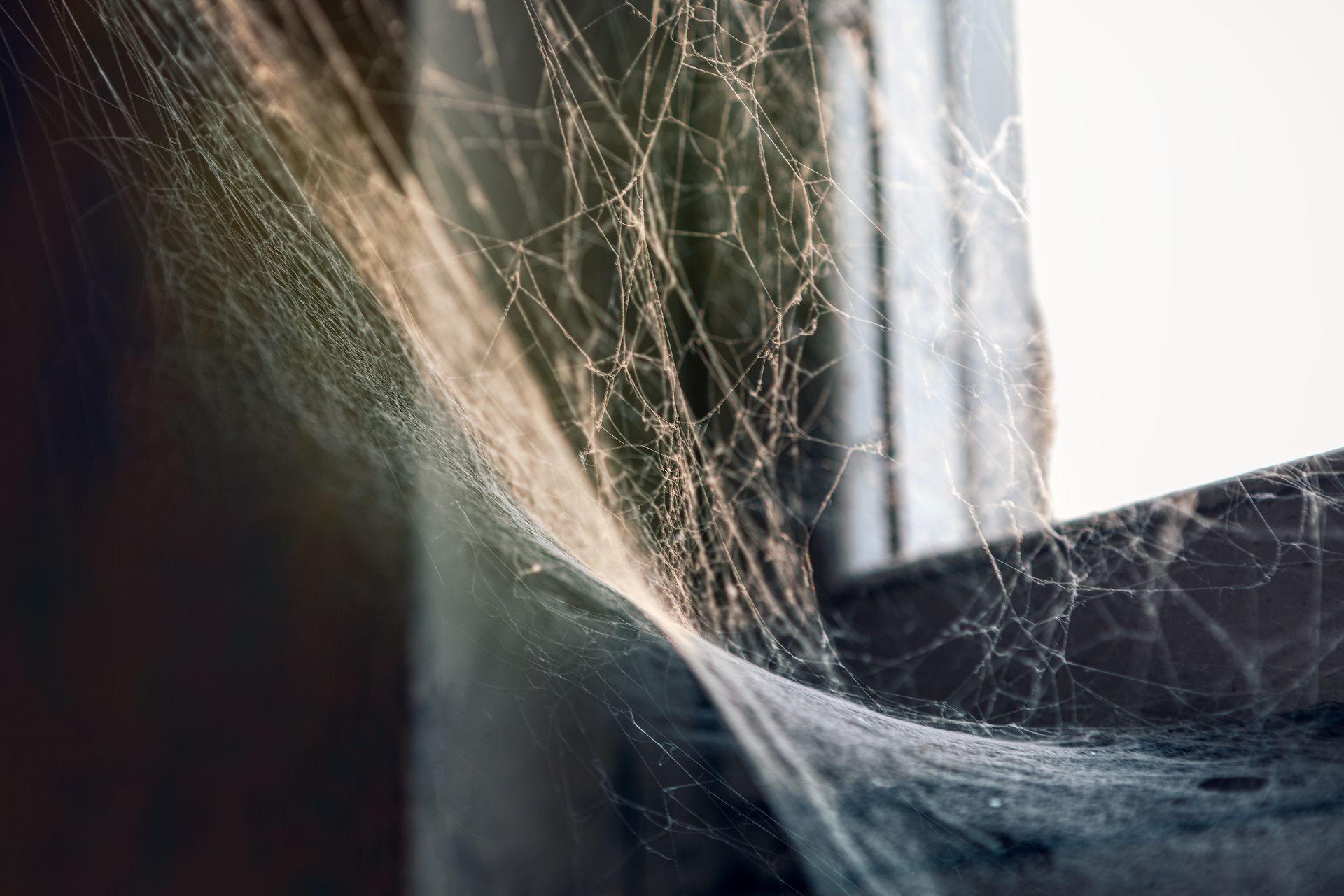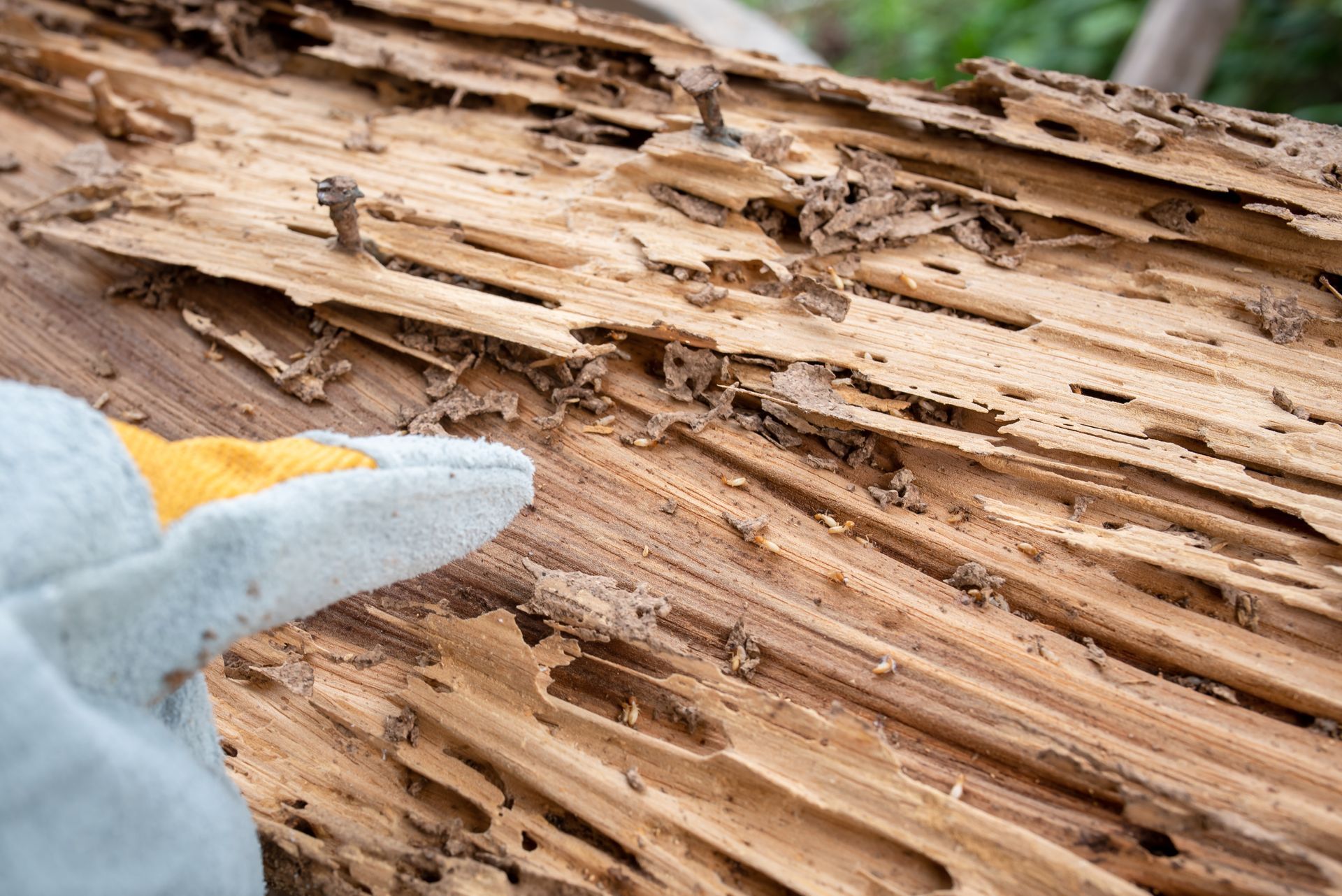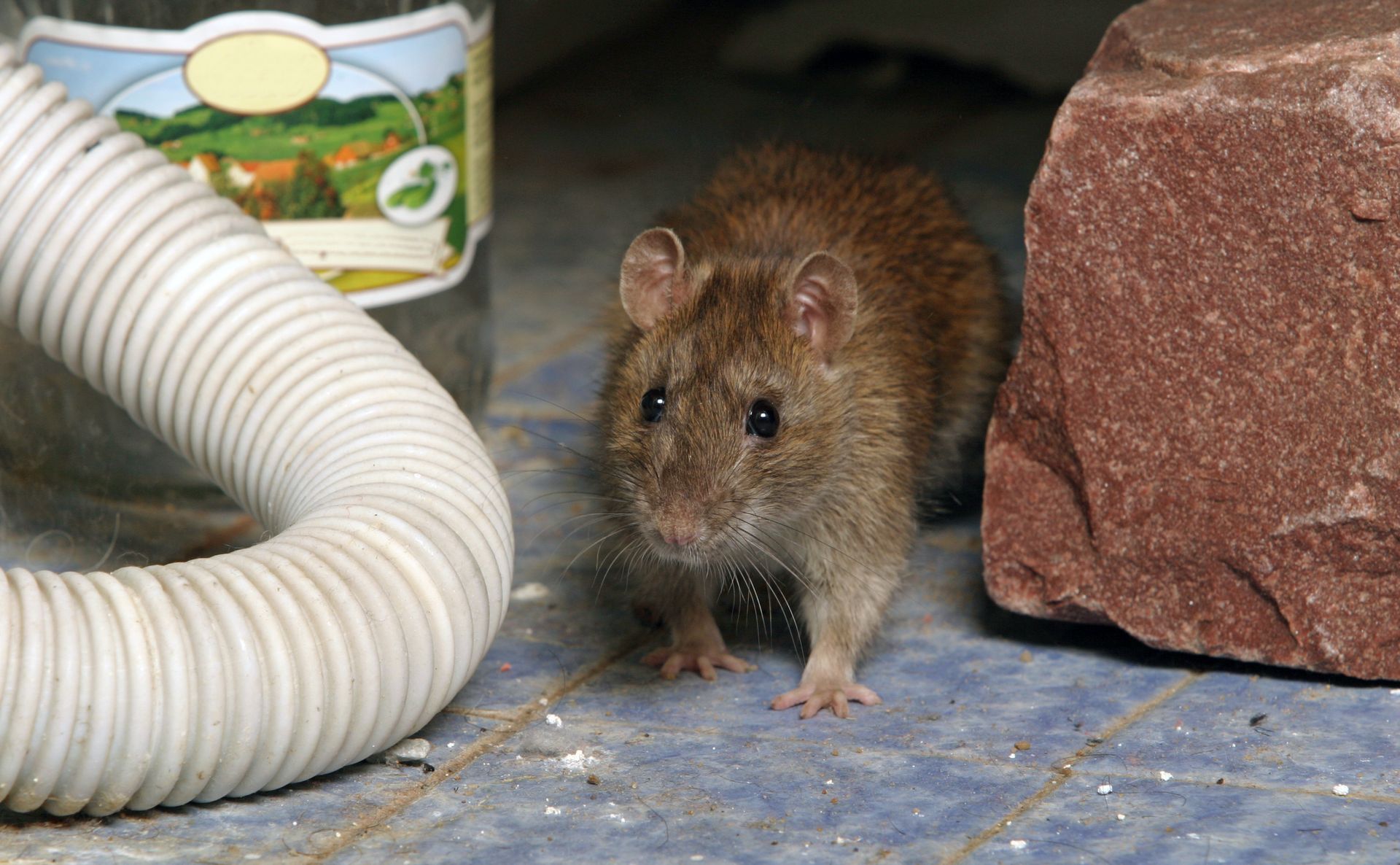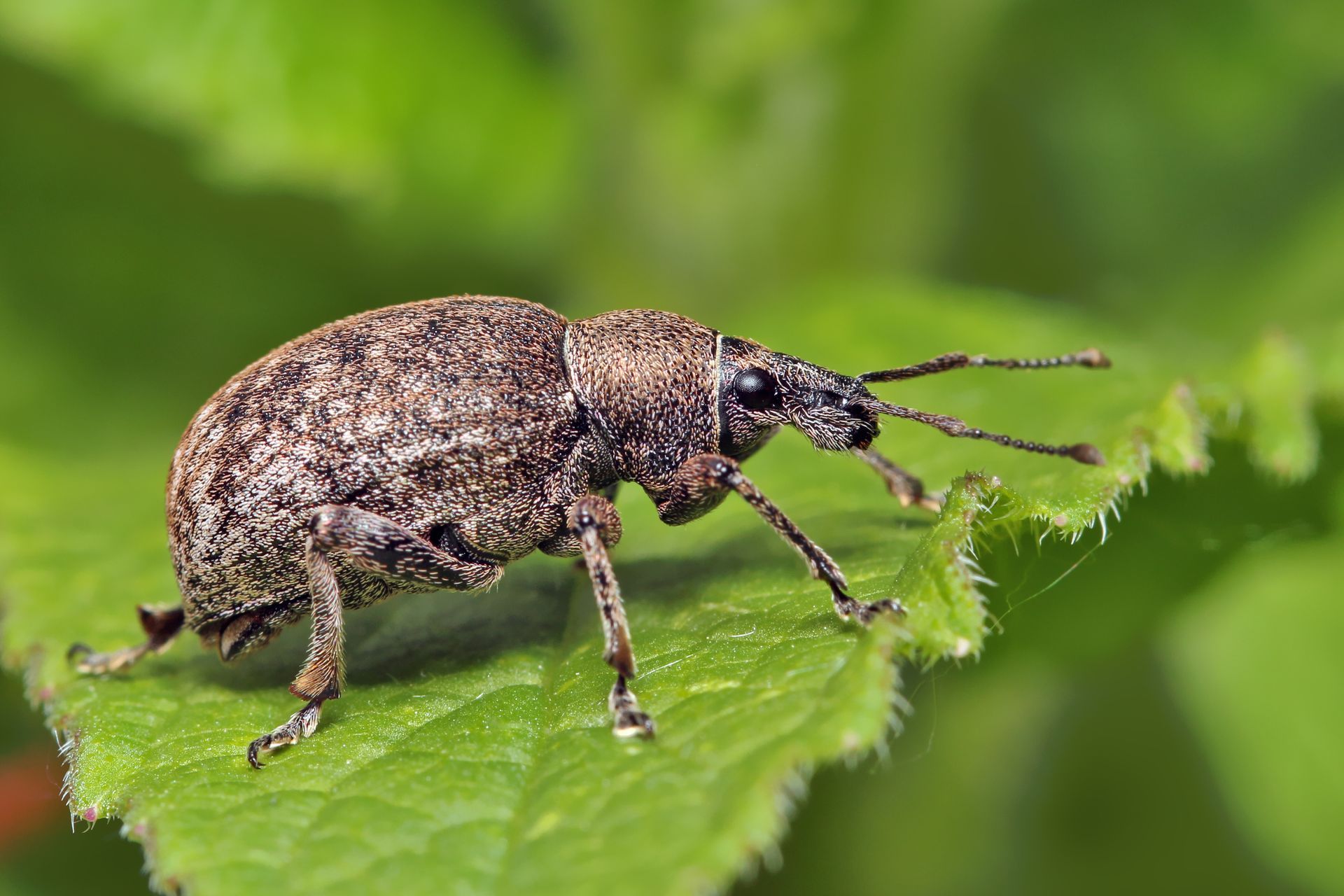Importance of Regular Pest Inspections for Your Home

Pest infestations are one of the most unsettling issues homeowners can face. A home is more than just a shelter; it’s a place of comfort, security, and well-being. However, when pests invade, they threaten not just the structural integrity of your property but also the health of everyone living inside. Routine pest inspections, like those offered by Killo Exterminating Co., play a critical role in keeping homes pest-free, safe, and healthy.
Why Regular Pest Inspections Matter
1. Early Detection of Pest Infestations
One of the main reasons regular pest inspections are crucial is early detection. Pests such as termites, rodents, ants, and cockroaches can infiltrate your home long before you notice any obvious signs. By the time visible damage or other symptoms appear, the infestation may have already escalated, potentially causing costly repairs. Professional pest inspections can identify subtle signs of pest activity that the untrained eye would miss, such as droppings, gnaw marks, or termite tubes.
Proactive benefit: Early detection helps prevent full-blown infestations that are much harder and more expensive to eradicate. This early intervention also reduces the risk of long-term structural damage and protects your property’s value.
2. Protecting Your Property from Damage
Pests are notorious for causing serious damage to homes. Termites, for example, can silently eat away at wood structures, compromising your house’s foundation, walls, and support beams. Rodents, such as rats and mice, chew through electrical wiring, insulation, and plumbing, increasing the risk of electrical fires and costly repairs.
Routine pest inspections allow exterminators to catch these threats before they become major problems. By identifying the early signs of pests, homeowners can take immediate action to remove them and mitigate any damage they’ve caused.
Proactive benefit: Timely pest control can save thousands of dollars in repair costs and help maintain your home’s structural integrity.
3. Safeguarding Health and Well-being
Pests are more than just a nuisance; they are a direct threat to your family’s health. Cockroaches, rodents, and certain insects can spread diseases, contaminate food, and trigger allergies. For instance, rodents carry pathogens like Salmonella and Hantavirus, which can cause serious illnesses. Similarly, cockroach droppings can exacerbate asthma symptoms, particularly in children.
Regular pest inspections ensure that these health risks are minimized or eliminated before they escalate. Professional exterminators are trained to identify the specific pests that are present and implement the most effective treatments to remove them from your living environment.
Proactive benefit: Routine inspections protect your household from health risks associated with pests, promoting a cleaner, safer home environment.
4. Preventing Structural Damage
As mentioned earlier, pests like termites and carpenter ants can compromise the structural integrity of your home. Over time, they can cause significant damage to wood framing, drywall, and even flooring. Termites alone cause billions of dollars in structural damage each year in the United States, with many homeowners not discovering the damage until it's too late.
By scheduling regular pest inspections, you can catch these wood-destroying pests early and prevent them from causing irreversible harm to your home.
Proactive benefit: Preventing structural damage through regular inspections helps protect one of your most significant investments—your home.
What Happens During a Pest Inspection?
A pest inspection is more than just a quick look around your home. Professional exterminators conduct thorough evaluations of the entire property, including the exterior and interior. Here’s what to expect during a typical pest inspection:
- Exterior Inspection:
The technician will examine the outside of your home, looking for signs of pests such as termites, ants, or rodents. They will also check areas prone to infestation, such as gutters, window sills, and crawl spaces. Pests often enter homes through small cracks or holes in the foundation, so these areas are closely inspected. - Interior Inspection:
Inside your home, the exterminator will inspect baseboards, attics, basements, and other spaces where pests are likely to hide. Special attention is given to kitchens, bathrooms, and utility areas, where moisture and food sources attract pests. - Identification of Pest Activity:
Based on the inspection, the technician will identify any existing pests and assess the risk of potential infestations. They will look for signs like droppings, nesting materials, gnaw marks, and damage to wood or insulation. - Recommendations for Treatment:
After the inspection, the exterminator will provide a report detailing the findings and recommend appropriate treatment plans to address any current issues or prevent future infestations. This may include sealing entry points, removing food and water sources, or applying safe and effective pest control treatments.
How Often Should You Schedule Pest Inspections?
The frequency of pest inspections depends on various factors, including your home's location, age, and condition, as well as the types of pests commonly found in your area. However, as a general rule, most homeowners should schedule a pest inspection at least once a year.
In some cases, more frequent inspections may be necessary:
- If you live in a region prone to specific pests like termites, ants, or rodents, semi-annual or even quarterly inspections may be recommended.
- If your home has a history of infestations, more frequent inspections ensure that the issue doesn’t recur.
- If you’ve recently moved into a new home, an initial inspection is crucial to catch any pre-existing pest problems that might not have been disclosed during the purchase process.
Proactive benefit: By establishing a regular inspection schedule, you stay ahead of potential pest issues, avoiding the costs and hassles of a full-blown infestation.
DIY vs. Professional Pest Inspections
While some homeowners may feel confident inspecting their homes for pests on their own, professional pest control companies offer a level of expertise that DIY efforts simply cannot match. Trained exterminators have the knowledge, experience, and tools to identify even the most elusive pests and treat them effectively.
Key advantages of professional inspections include:
- Access to advanced tools and techniques: Professional exterminators use specialized equipment, like moisture meters and infrared cameras, to detect pest activity that would be impossible to spot without the proper tools.
- Targeted treatment solutions: Pest control professionals are trained to identify the exact species of pest and apply treatments that are tailored to the specific problem.
- Long-term prevention plans: Professional inspections often include a comprehensive plan to not only remove existing pests but also prevent future infestations.
Proactive benefit: Opting for professional pest inspections ensures thorough, accurate evaluations that lead to more effective pest control and long-term peace of mind.
The Cost of Ignoring Pest Inspections
Skipping regular pest inspections may seem like a way to save money, but in reality, it can lead to much higher costs down the road. Left unchecked, a small pest problem can quickly escalate into a severe infestation, requiring expensive treatment and repairs. Additionally, pests like termites can cause structural damage that may not be covered by homeowners' insurance, leaving you with a hefty bill.
Investing in regular pest inspections is a cost-effective way to protect your home and your wallet in the long run.
Proactive benefit: Routine inspections help you avoid the costly consequences of neglecting pest control.
Protect Your Home with Regular Pest Inspections
Your home is one of the most valuable investments you’ll ever make, and keeping it pest-free is essential for maintaining its value and ensuring the health of your family. Regular pest inspections provide a proactive approach to detecting and addressing infestations before they become serious problems. By partnering with a trusted company like Killo Exterminating Co., you can safeguard your home, avoid costly repairs, and enjoy peace of mind knowing that your home is protected year-round.
Don’t wait until pests become a problem—schedule your routine pest inspection today.
FAQ Section
Q1: How often should I schedule a pest inspection for my home?
A: It's recommended to schedule a pest inspection at least once a year. However, if you live in an area prone to specific pests like termites or rodents, more frequent inspections, such as semi-annual or quarterly, may be necessary.
Q2: What types of pests can regular inspections help prevent?
A: Regular pest inspections can help prevent infestations of termites, ants, rodents, cockroaches, bed bugs, and more. Inspections are designed to identify potential pest problems early on.
Q3: Can a pest inspection detect termites before they cause significant damage?
A: Yes, one of the key benefits of a pest inspection is early detection. A professional can spot the signs of termites long before they cause visible damage to your home's structure.
Q4: Are professional pest inspections better than DIY methods?
A: Yes, professional inspections are more thorough and accurate than DIY methods. Exterminators have specialized tools and training to identify and treat pest issues effectively.
